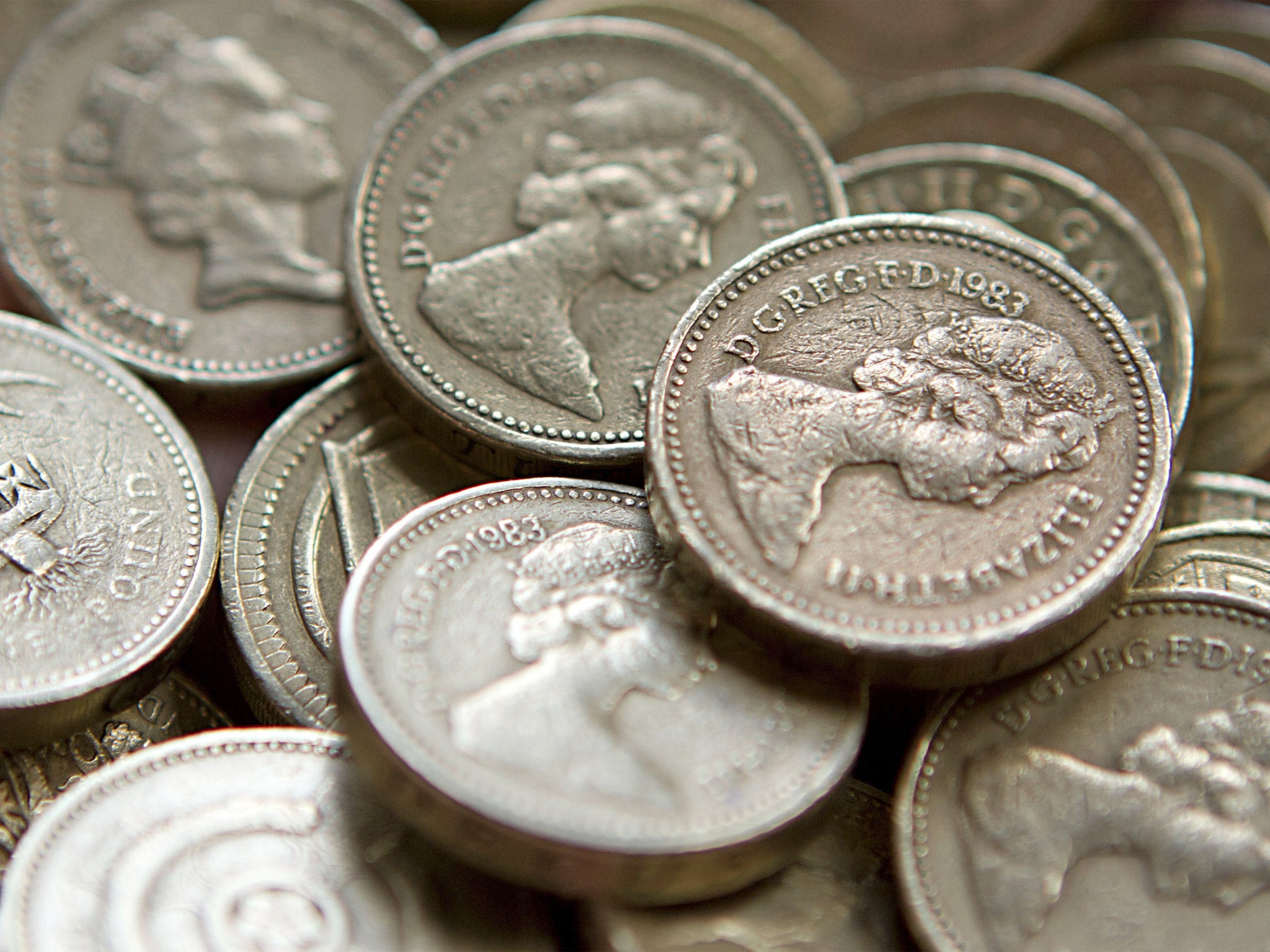Here’s my answer to a really taxing problem...
How much longer before that most personal of information – what we earn, how much we are worth – makes its way into the public domain?


We are supposed to be living in an era of open government. Ok, that doesn’t extend to knowing exactly what propelled us to war, but the Freedom of Information Act, brought in by Tony Blair’s administration – how’s that for irony? – has given us much more knowledge of what goes on in the murkier corners of Whitehall, or in public institutions, or in major companies.
Social media, too, has fuelled a greater sense of openness. It’s not that people don’t have secrets any longer: it’s just that we are now content to share our thoughts, our movements, and our interests with a wider public. And when we are being tracked constantly, it’s no surprise that the boundaries between the private and the public are becoming increasing blurred.
How much longer before that most personal of information – what we earn, how much we are worth – makes its way into the public domain? For those at the high end of the earning scale, that day arrived with the advent of the Sunday Times Rich List, a publication which inspires admiration and resentment in equal quantities.
The Rich List has become the perfect expression of an age when Britain is the chosen domicile of the global super-rich, and, in one sense, is a rather depressing catalogue. Oligarchs, heirs and heiresses, landowners and non-doms populate the upper reaches of the list, but there’s one aspect that’s missing which could make the whole exercise more elevating, more democratic and a lot more interesting.
It’s all well and good knowing how much this or that person takes home. Surely, the figure which makes up a complete picture is how much tax he or she pays. Why aren’t everyone’s tax returns made public? I’m quite happy to share with the world how much tax I pay. I’m sure the same goes for many captains of industry, whose income is a matter of public record anyway through company reports. Tax avoidance is a moral outrage, and is nothing less than a crime against society but, as ever, the criminals are one step ahead of the law enforcers, which means the men from the Revenue expend an enormous amount of time and energy in pursuit of the perpetrators, and to relatively little effect.
There is a simple answer to this problem: publish the bloody lot. No need to make public everyone’s tax return, just the total amount of tax paid by an individual throughout the year. We know about the good works, we see the donations to charity. But I cannot be the only one who wants to see how much Britain’s super-rich pay towards our hospitals, schools and public services. This is not just an exercise in voyeurism: it can be also viewed positively as a celebration of those who make the greatest financial contribution to society. If, for instance, there was public recognition of Britain’s top taxpayers, we might just see a change of culture. According to latest figures, systematic avoidance and non-payment of taxes means a shortfall of £35bn in the public coffers. By contrast, benefit fraud accounts for £1.6bn.
Publish the figures. Who’s got anything to lose? Not those of us who pay our full whack of tax, that’s for sure.
Join our commenting forum
Join thought-provoking conversations, follow other Independent readers and see their replies
Comments
Bookmark popover
Removed from bookmarks